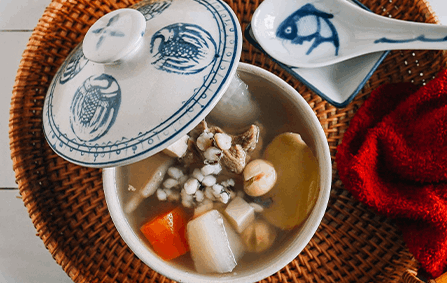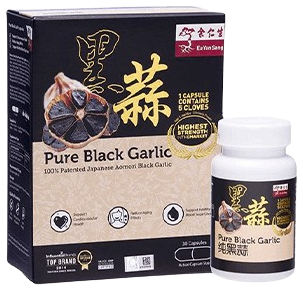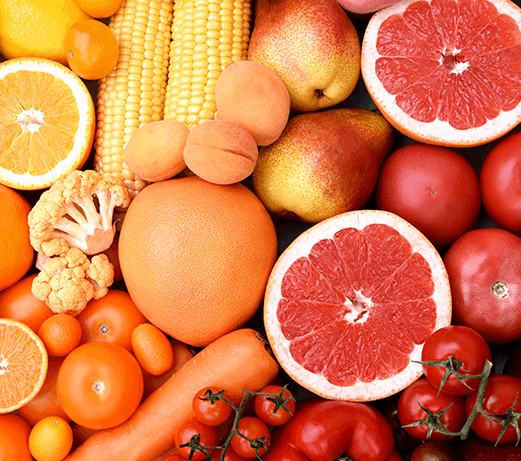Traditional Chinese Medicine (TCM) offers valuable insights into nutrition that can complement a regular pregnancy diet, in which expectant mothers should be eating foods rich in energy, folate, calcium, iron, protein, Vit D & A.
TCM nutrition emphasises the importance of nourishing the body with a variety of natural and wholesome foods, each carrying unique properties that promote health and harmony. It is a time-honoured practice that takes into account the individual needs and constitution of the expectant mother, recognizing that no two pregnancies are alike.
How can TCM help?
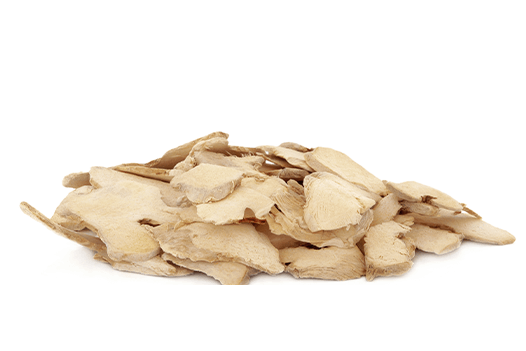
TCM Physician Lim Sock Ling suggests ginger (gan jiang, 干姜), cumin, and cinnamon (rou gui, 肉桂), which can warm the stomach and spleen yang, balancing the yin obtained from most vegetables.
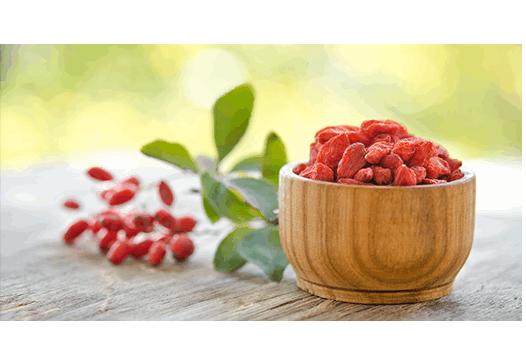
Goji berries (gou qi zi, 枸杞子) contain antioxidants that nourish the kidneys, liver, and blood. They also include the essential amino acids to fulfil your protein needs. Similarly, black sesame seeds (hei zhi ma, 黑芝麻) and longan (long yan rou, 龙眼肉) are beneficial in nourishing the blood.
